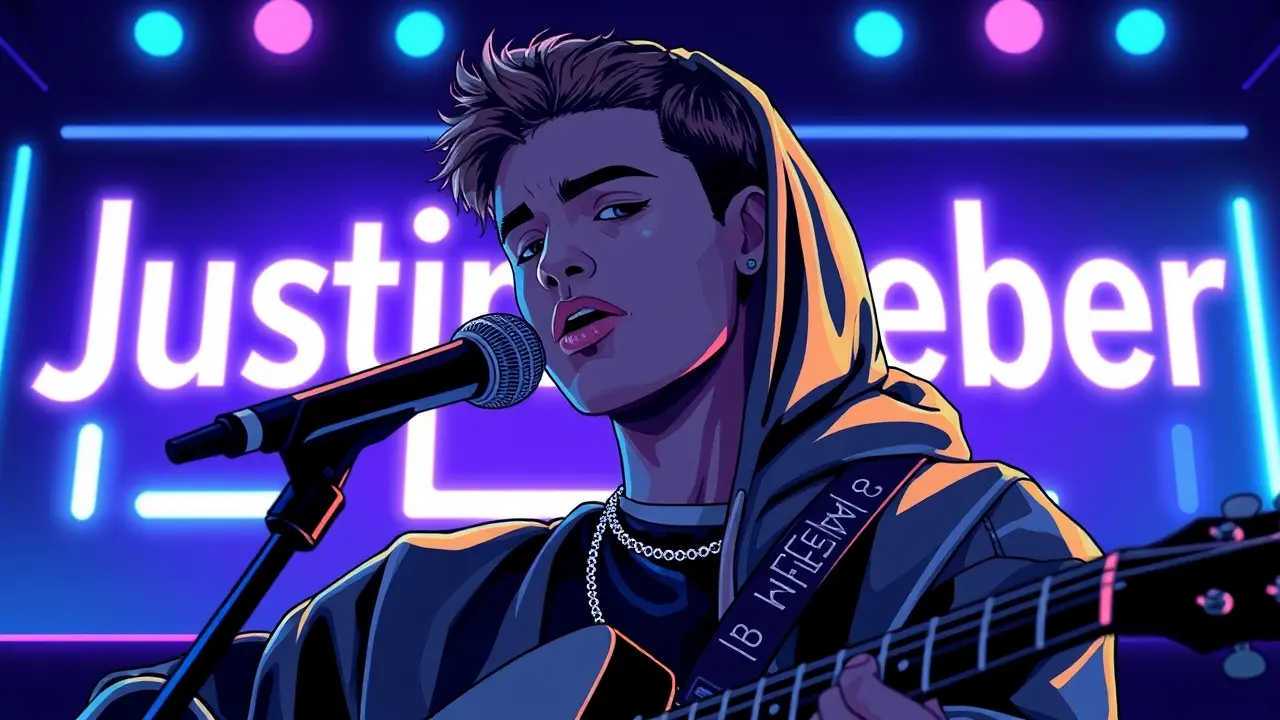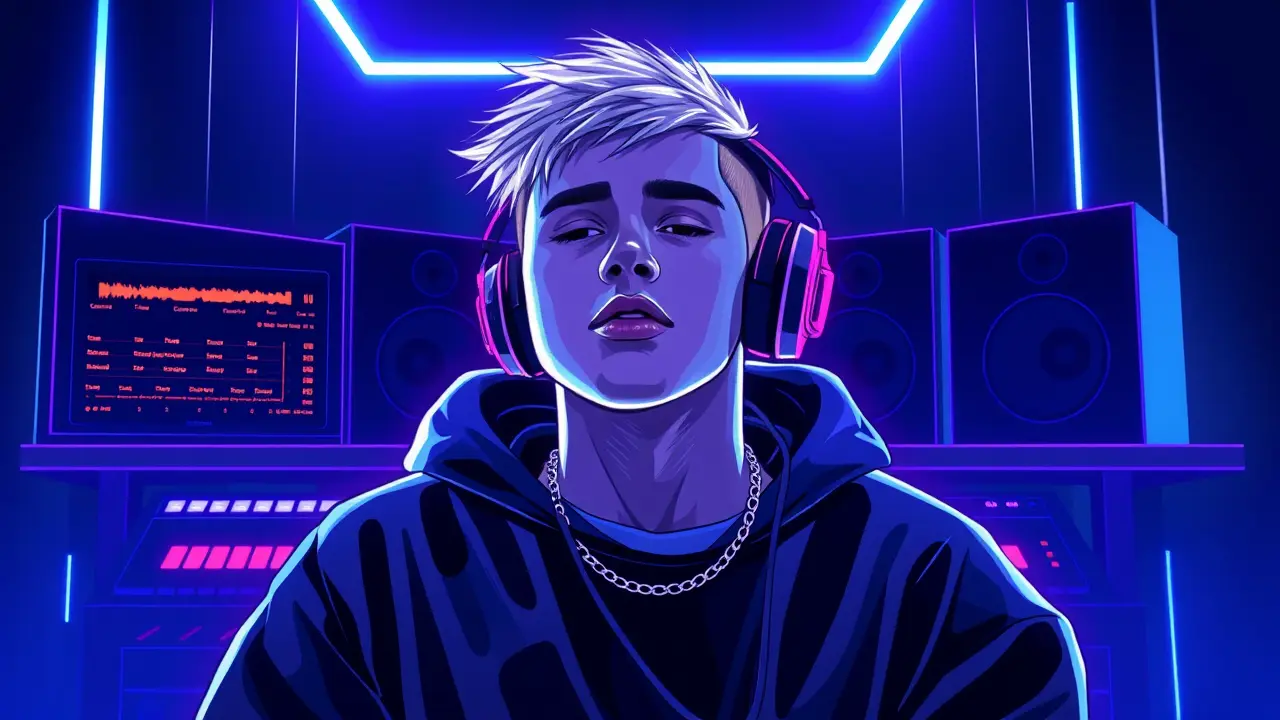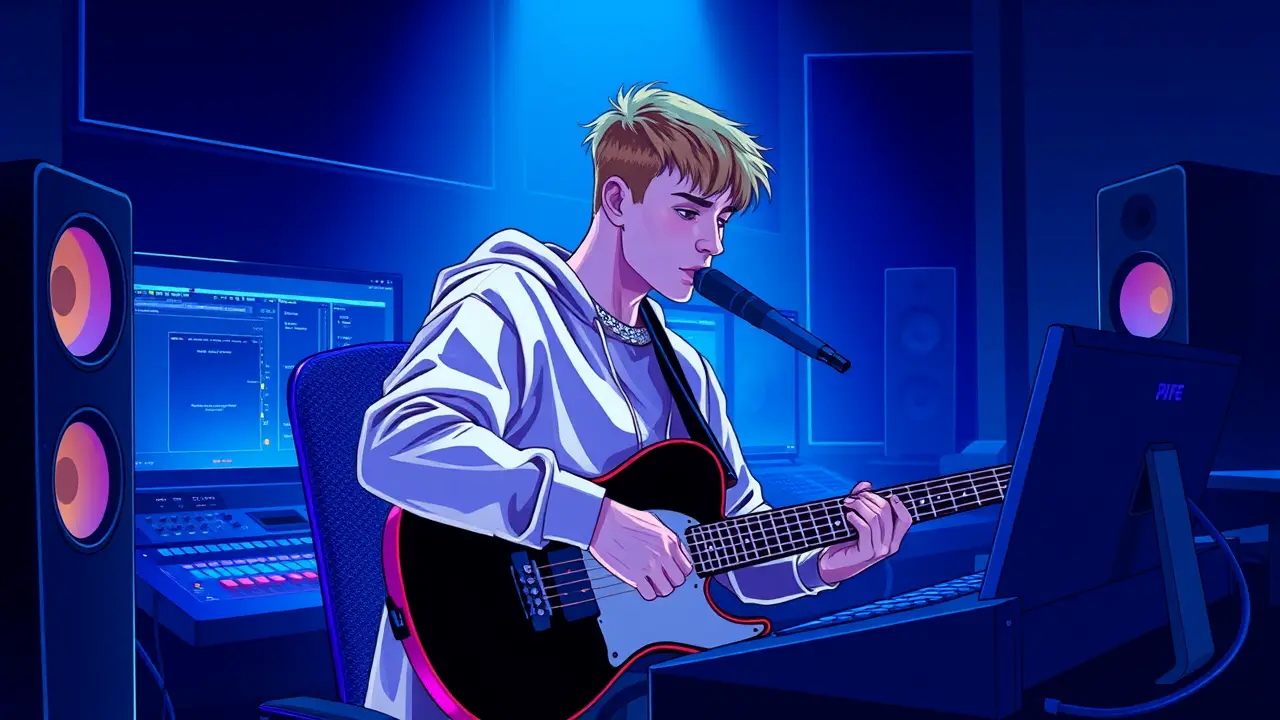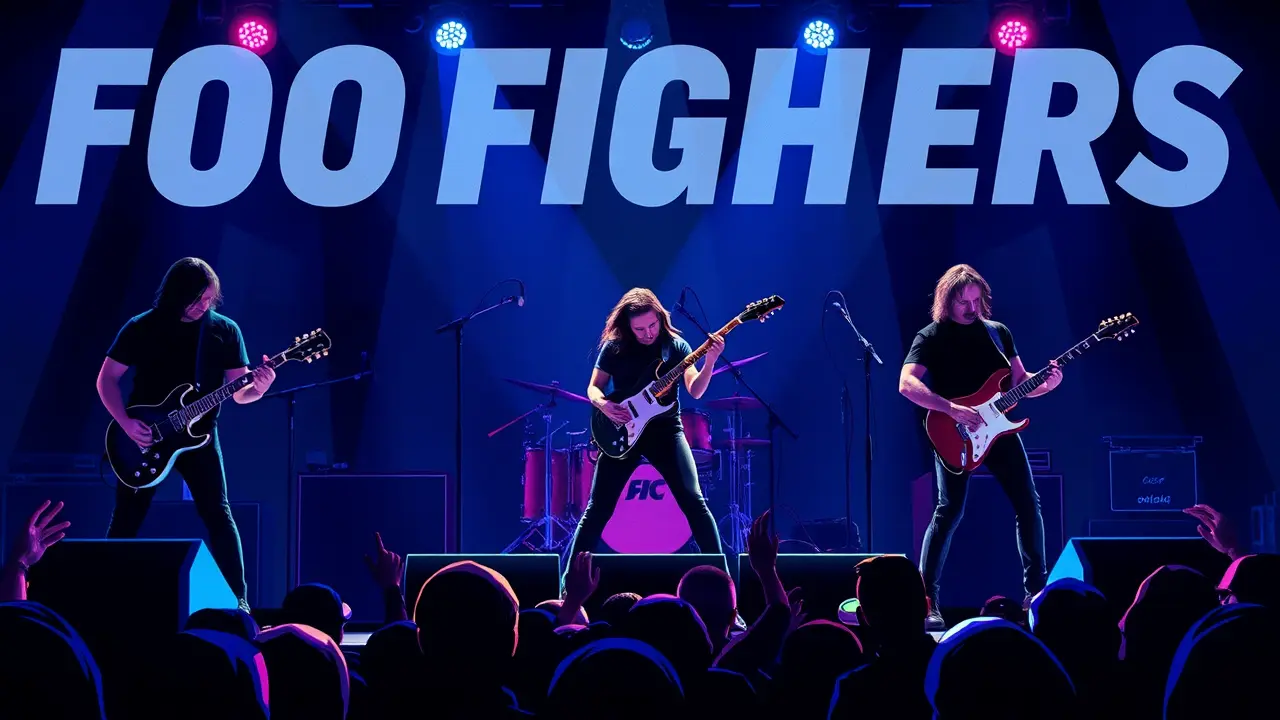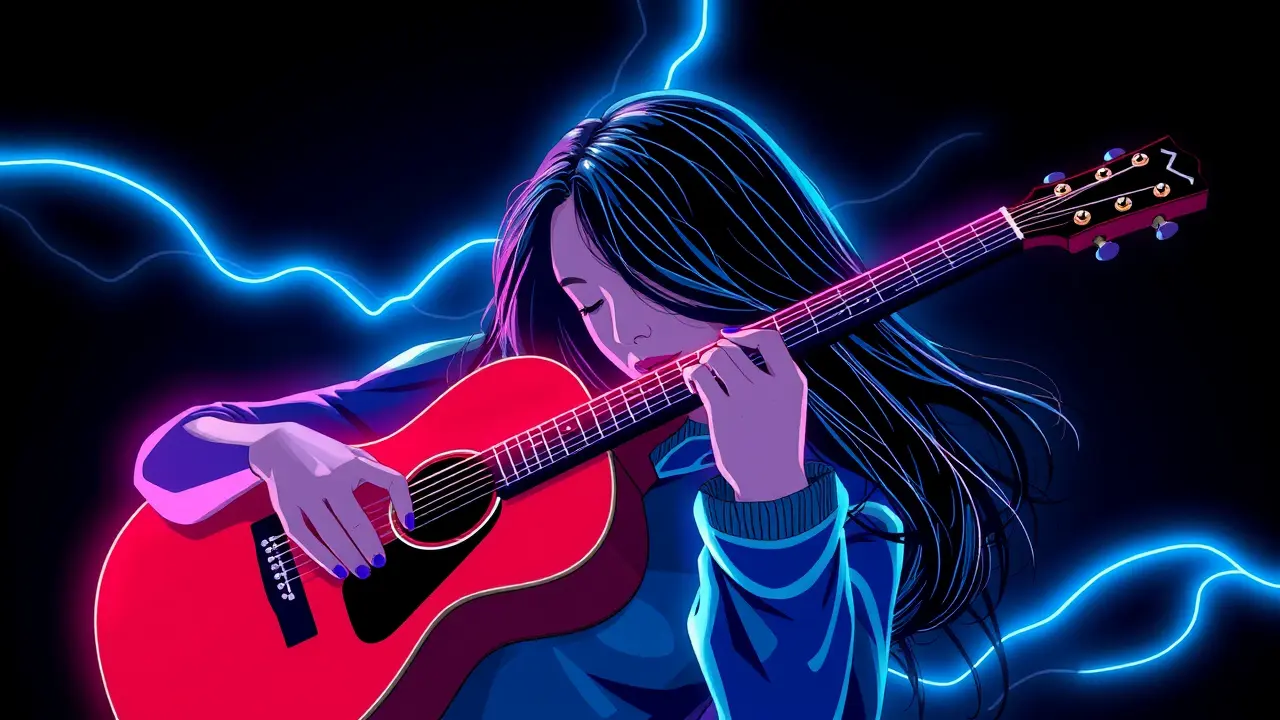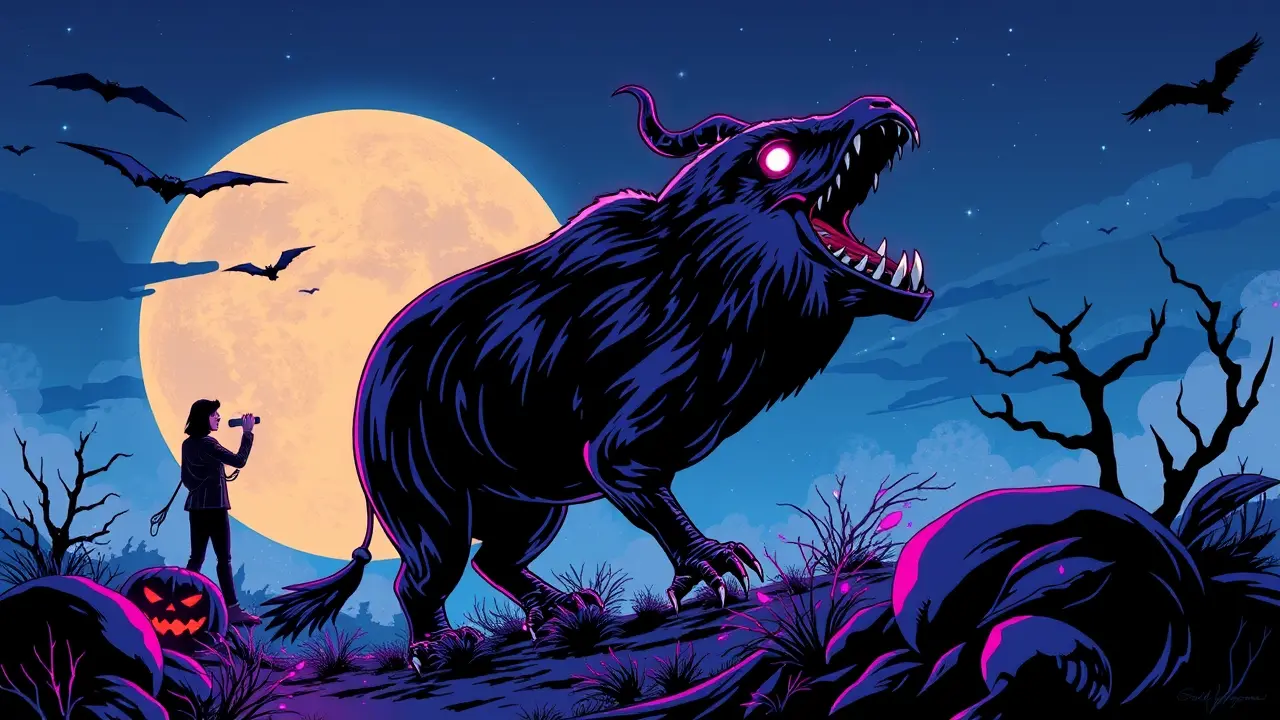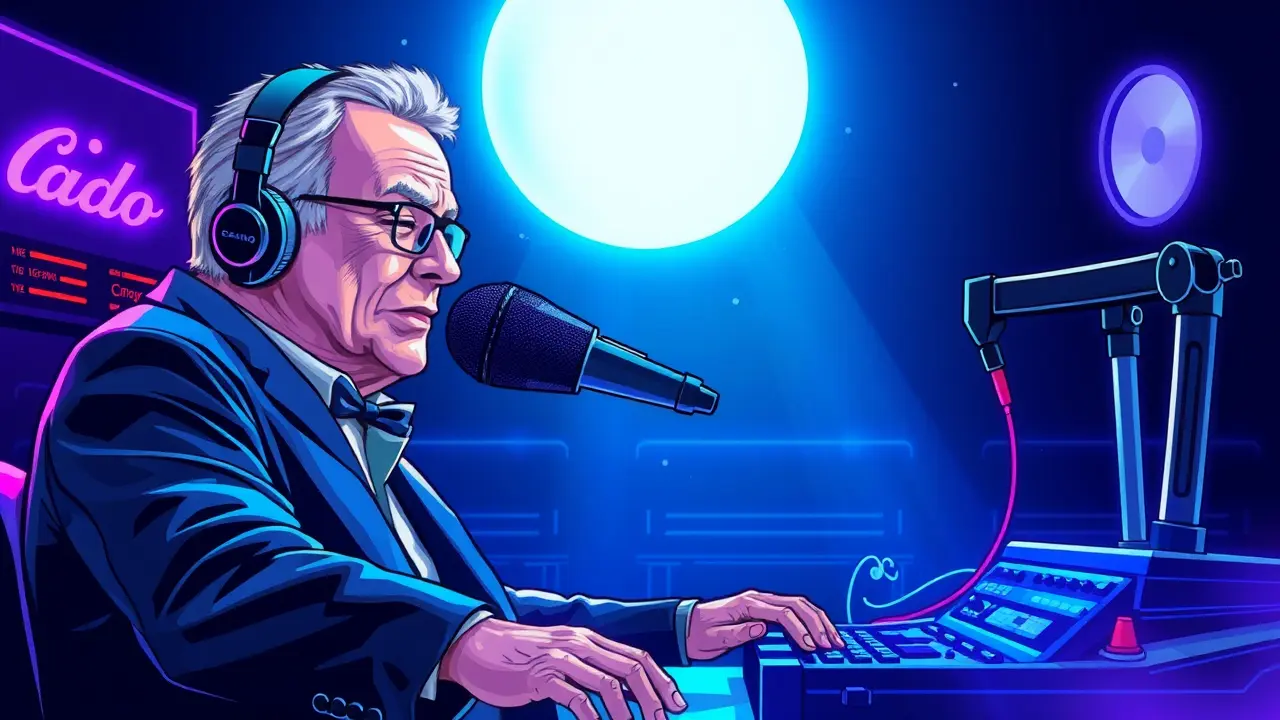
Hottest
EntertainmentmusicCharts and Rankings
Hip-Hop's Absence from Top 40 Charts Signals Shift.
BR
Brian Miller
3 days ago7 min read
The needle has skipped, the record has stopped, and for the first time since Public Enemy was declaring 'Fear of a Black Planet,' there is not a single hip-hop track residing in the Billboard Hot 100's Top 40. This isn't just a statistical blip; it's a cultural tremor, the kind that sends shockwaves through the industry and forces a collective re-evaluation of the sonic landscape.To understand the silence, we must first listen to the noise that came before—the three-decade-long symphony of hip-hop's ascent from the Bronx block parties to the absolute pinnacle of global pop dominance. Think back to 1990, the year that serves as our last marker for a chart without rap's presence.That was the era of MC Hammer's parachute pants and Vanilla Ice's questionable claims, a time when the genre was still proving its commercial viability. From there, it built an unstoppable momentum, weaving its way through the G-Funk era of Dr.Dre and Snoop Dogg, the East Coast-West Coast rivalry that captivated the nation, the shiny suit bling of the late '90s, and the subsequent reign of titans like Jay-Z, Eminem, Kanye West, and Drake, who didn't just enter the pop conversation but fundamentally became it. Their sounds, their flows, their production styles became the default setting for what a hit record could be, influencing everyone from Taylor Swift to Justin Bieber.So, what happened? The immediate, surface-level diagnosis points to the atomization of listening habits. In the era of algorithmic curation and TikTok-driven virality, the very concept of a monolithic 'Top 40' is becoming an anachronism.Hip-hop, in its most vital form, has always thrived on subcultures and regional scenes, and these are now flourishing in their own digital ecosystems, from the drill scenes of Chicago and London to the melodic trap of Atlanta, achieving massive success on streaming platforms without necessarily conforming to the broad-strokes appeal required for cross-generational radio dominance. Concurrently, the pop charts are currently being commandeered by other forces: the resurgent power of pop divas like Taylor Swift, whose 'The Tortured Poets Department' is a veritable chart-blocker, the relentless ascent of Latin music with stars like Karol G and Bad Bunny, and the stranglehold of country music, fueled by narratives like Beyoncé's 'Cowboy Carter' and breakouts like Zach Bryan.This isn't a failure of hip-hop; it's a fragmentation of taste. Many artists and purists within the hip-hop community might see this chart absence as a blessing in disguise, a necessary clearing of the air.It strips away the commercial pressures that can dilute artistic intent and forces a return to the genre's foundational elements: raw lyricism, innovative production, and authentic storytelling. We're already seeing this in the critical acclaim lavished on albums from non-commercial-focused artists like Kendrick Lamar, whose Pulitzer Prize-winning 'DAMN.' and his recent visceral battles with Drake prove that the genre's artistic peak has never been higher, even if its chart presence has momentarily waned. This moment is less an obituary and more an intermission—a chance for the culture to catch its breath, to innovate away from the spotlight's glare, and for the next revolutionary sound to be forged in the underground before it once again reshapes the mainstream. The beat, as they say, goes on, even if it's not currently counting down on the pop charts.
#hottest news
#hip-hop
#Billboard Hot 100
#music charts
#pop culture
#genre trends
Stay Informed. Act Smarter.
Get weekly highlights, major headlines, and expert insights — then put your knowledge to work in our live prediction markets.
Related News
© 2025 Outpoll Service LTD. All rights reserved.
